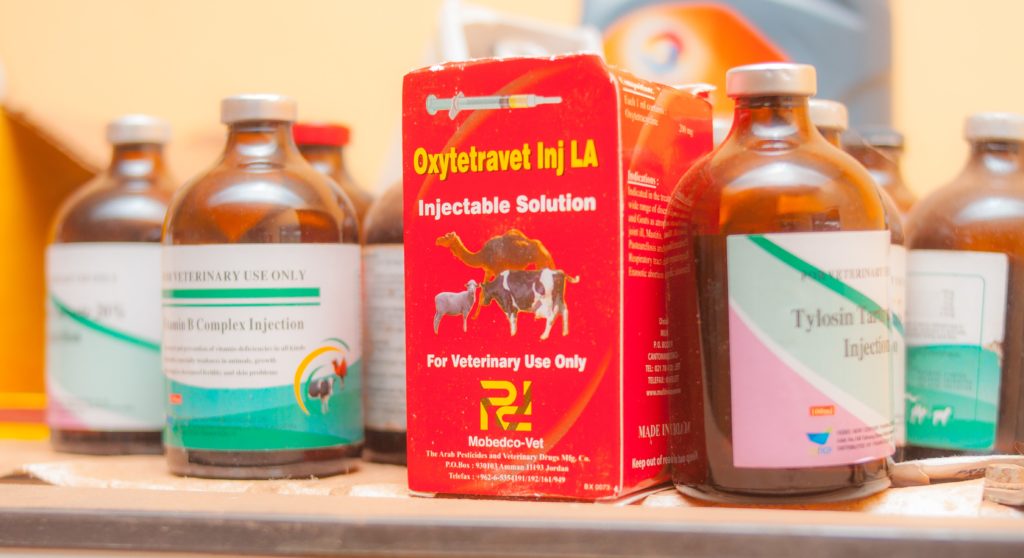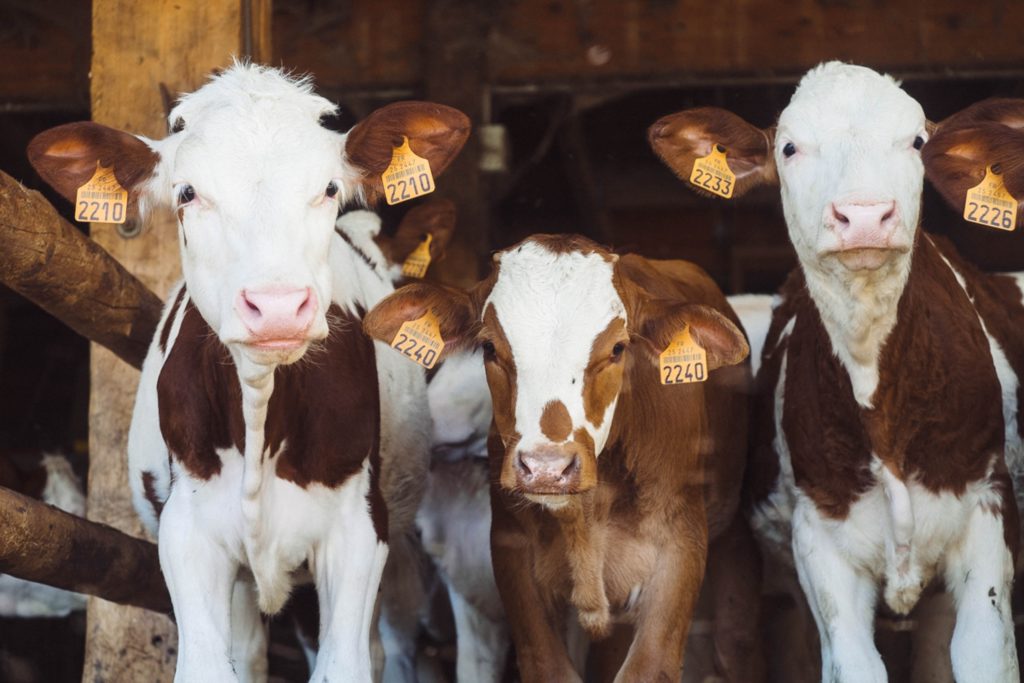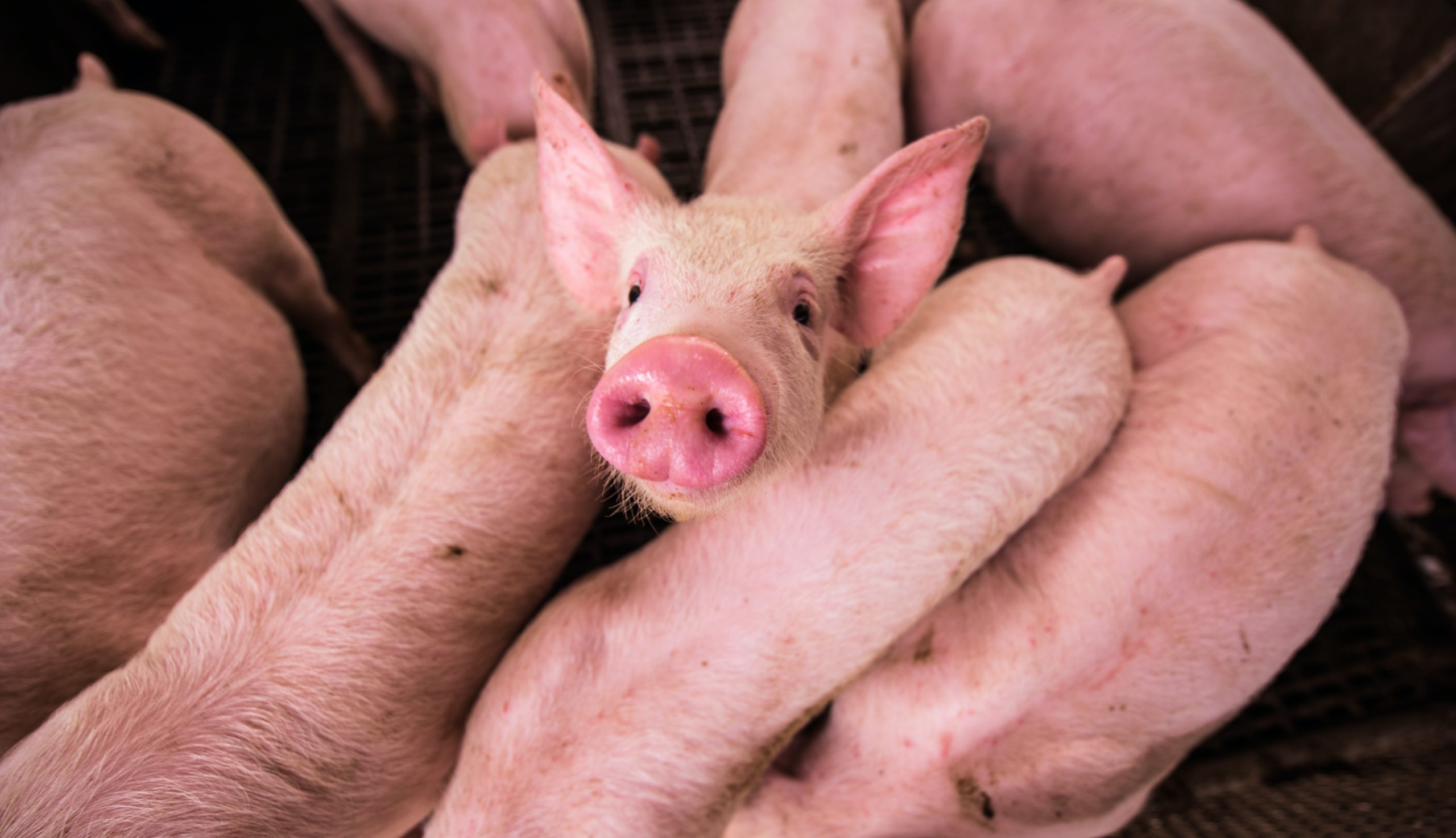EU Instigates Ban On Routine Use Of Antibiotics In Animal Agriculture, But Critics Worry Enforcement Will Be Spotty
4 Mins Read
The European Union has announced a ban on routine use of antibiotics on farmed animals. The move came into effect last month. Impact on intensive farming practices is likely to be significant though observers fear the new law will be ignored. Previous E.U. livestock regulations have been flouted, leading some to assume continued use given their prevalence across industrial agriculture businesses.
The new law came into effect on January 28 of this year. It states that the use of preventative and treatment-based antibiotics must be kept to a minimum. Preventative, or prophylactic use, is to be negated unless absolutely necessary. Enforcement of the law is being widely doubted.
Approximately 80 percent of all antibiotics are given to farm animals. Of these, 70 percent are allocated due to “medically important” reasons. To put this in perspective, in 2020, 160,000 tonnes of antibiotics were given to farm animals globally. The number is predicted to rise to 200,000 tonnes by 2030.

The demand for antibiotics
Antibiotics are used in farming for a number of reasons. It’s not just for treatment or prevention of disease. One of the most prevalent uses is to accelerate animal growth. This results in a larger meat yield and more profits for producers.
There is also a case for the medications being used to prolong life, to maximise the number of animals maturing enough for slaughter. Alongside, animal agriculture has evolved to necessitate antibiotic prescription, not simply make it an unethical option. Young animals are frequently weaned too early, creating a chain of consequences that lead to disease. The pig industry is more reliant on antibiotics than most, with animals receiving up to 20 times more doses than other breeds of farm creatures.
Peter Stevenson, a lawyer for Compassion in World Farming, spoke up about the potential to “end cheap animal protein and intensive animal farming”, but also noted that the enormity of investments and profits tied up in both the pharmaceuticals and livestock industries make it highly unlikely. He also voiced concern about the impact on meat consumers, “If the law is flouted, antimicrobial resistance is likely to rise,” he said in a statement. “The E.U. has an ignominious record of failing to enforce legislation on farm animals—the laws on animal transport and the ban on the routine tail docking of pigs are widely ignored.”
The loopholes included
Non-compliance with the new directive carries the risk of penalties, but these will be issued on a national level. All E.U. governments will be responsible for farmers within their own countries following the new rules. Said rules have been widely known for about three years, allowing ample time for preparation. There appears to already be some confusion around the wording of the new law, however.
A spokesperson for Copa-Cogeca, a livestock producer representative, said that onlookers are “misinterpreting the sense of the regulation.” They continued to claim that the law promotes critical thinking and does not enforce a total ban to, “ensure a better and more responsible use of antibiotics with the aim of combating antimicrobial resistance.”
Copa-Cogeca, along with Animal health Europe, a representative for the animal pharmaceuticals sector, both claim to support “as little as possible, as much as necessary”, in regard to the administration of antibiotics.

Alternatives to antibiotic use
A report from the Pew Charitable Trusts reveals that alternatives are available and crucial for animal farming. Findings suggest that in place of antibiotics for growth enhancement, in-feed enzymes, probiotics and prebiotics can be administered. To tackle disease prevention, vaccines and immune modulators are proven efficient and non-transmissible through meat ingestion. Few alternatives exist for disease treatment, at least on a commercial scale.
The impact on human and planetary health
Reducing the use of antibiotics in animal farming is essential for human, as well as animal health. A report released last year linked the overuse of medications to a potential rise in untreatable superbugs, due to antibiotic resistance. This is frequently cited as a danger, especially in lights of hard-to-treat viruses such as Covid-19. A major takeaway from the report is that 700,000 people die every year from infections that antibiotics cannot cure. The number is predicted to rise to 10 million by 2050, if animal farming continues to use antibiotics to the same extent.
Lead photo by Diego San on Unsplash.




